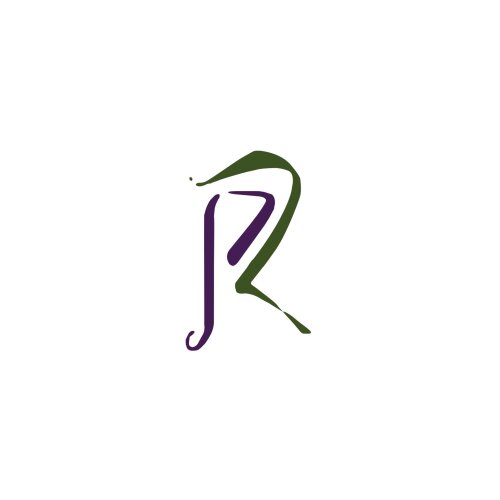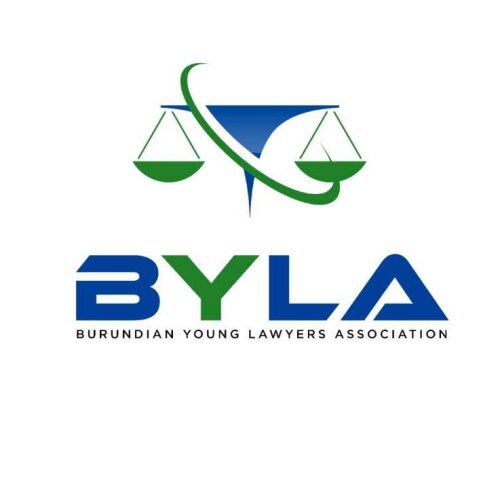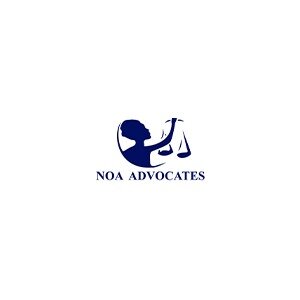Best International Trade Law Lawyers in Burundi
Share your needs with us, get contacted by law firms.
Free. Takes 2 min.
Or refine your search by selecting a city:
List of the best lawyers in Burundi
About International Trade Law in Burundi
International Trade Law in Burundi represents a segment of law that governs the flow of goods and services across national borders. It encompasses a variety of legal concerns involving trade policies, import and export regulations, tariffs, trade agreements, and more. In Burundi, like in many countries, international trade law is influenced by its membership in regional and international trade organizations, such as the East African Community (EAC) and the World Trade Organization (WTO). The legal framework is designed to facilitate trade while protecting the state's economic interests.
Why You May Need a Lawyer
Engaging a lawyer versed in international trade law in Burundi could be essential if you find yourself in situations such as navigating cross-border trade regulations, resolving trade disputes, negotiating trade agreements, fulfilling compliance with import/export duties, or encountering issues related to tariffs. Businesses looking to enter foreign markets or facing challenges with international transactions would benefit from legal expertise to ensure they are operating within the bounds of local and international trade laws.
Local Laws Overview
International trade law in Burundi is influenced by both national legislation and its commitments under international and regional trade agreements. Key aspects include adherence to customs regulations, compliance with local tariffs, regulatory measures concerning the export/import of goods, and adherence to sanitary and phytosanitary measures. Moreover, Burundi has to accommodate provisions from its membership in organizations like the EAC and WTO, impacting its market access policies, dispute resolution mechanisms, and trade facilitation processes.
Frequently Asked Questions
What are the primary legal considerations when exporting goods from Burundi?
When exporting goods from Burundi, it is crucial to comply with national export regulations, including documentation, adherence to tariffs, and ensuring that goods meet the standards set forth by receiving countries.
How does Burundi's membership in the EAC affect trade regulations?
As a member of the EAC, Burundi benefits from a regional customs union, which allows for reduced tariffs among member states, harmonized trade policies, and easier access to member markets, impacting how trade is conducted.
What is the role of the WTO in Burundi's trade policies?
The WTO influences Burundi's trade policies by providing frameworks for trade agreements, dispute resolution, and ensuring compliance with global trade standards, affecting how Burundi positions itself in international trade.
How can I resolve a trade dispute with a foreign partner?
Resolving a trade dispute can involve negotiation, mediation, or arbitration under international commercial law. Engaging a lawyer experienced in international trade disputes can facilitate this process effectively.
What types of import regulations should I be aware of?
Import regulations in Burundi include compliance with customs procedures, tariff classifications, and local standards and safety requirements for goods entering the country.
Are there incentives for exporting products from Burundi?
Yes, Burundi may offer certain tax incentives and export grants to promote its exports, particularly for sectors identified as growth areas, to foster economic development.
What are the penalties for non-compliance with international trade laws in Burundi?
Penalties can range from fines, seizure of goods, suspension of trade licenses, to criminal liabilities, depending on the severity of the violation. Legal counsel can guide compliance to avoid these penalties.
How do tariffs affect trade in Burundi?
Tariffs impact the cost of imported and exported goods. Understanding tariff schedules and classifications is essential for pricing strategies and compliance in the trade processes.
What is the process for obtaining an import/export license in Burundi?
Obtaining a license involves application to the relevant governmental bodies, providing necessary documentation, and compliance with regulatory standards. Assistance from legal professionals can streamline this process.
Can international trade agreements affect my business operations in Burundi?
Yes, trade agreements affect market access, tariffs, and regulatory compliance, directly impacting how businesses operate within international markets. Understanding these agreements can provide competitive advantages.
Additional Resources
For further assistance, consider contacting:
- The Burundian Ministry of Commerce, Industry, and Tourism for import/export regulations.
- The East African Community (EAC) for regional trade policies and initiatives.
- The World Trade Organization (WTO) for global trade guidelines and dispute resolution support.
- Local chambers of commerce and trade associations that can provide support and networking opportunities.
Next Steps
If you require legal assistance with international trade law in Burundi, consider the following steps:
- Identify and consult with a lawyer specializing in international trade law to discuss your specific needs and circumstances.
- Prepare documentation and details related to your trade activities for a comprehensive legal review.
- Engage with local trade associations for networking and support possibilities in your business domain.
- Stay informed about updates in trade laws and regional agreements that might affect your operations.
Lawzana helps you find the best lawyers and law firms in Burundi through a curated and pre-screened list of qualified legal professionals. Our platform offers rankings and detailed profiles of attorneys and law firms, allowing you to compare based on practice areas, including International Trade Law, experience, and client feedback.
Each profile includes a description of the firm's areas of practice, client reviews, team members and partners, year of establishment, spoken languages, office locations, contact information, social media presence, and any published articles or resources. Most firms on our platform speak English and are experienced in both local and international legal matters.
Get a quote from top-rated law firms in Burundi — quickly, securely, and without unnecessary hassle.
Disclaimer:
The information provided on this page is for general informational purposes only and does not constitute legal advice. While we strive to ensure the accuracy and relevance of the content, legal information may change over time, and interpretations of the law can vary. You should always consult with a qualified legal professional for advice specific to your situation.
We disclaim all liability for actions taken or not taken based on the content of this page. If you believe any information is incorrect or outdated, please contact us, and we will review and update it where appropriate.
Browse international trade law law firms by city in Burundi
Refine your search by selecting a city.












